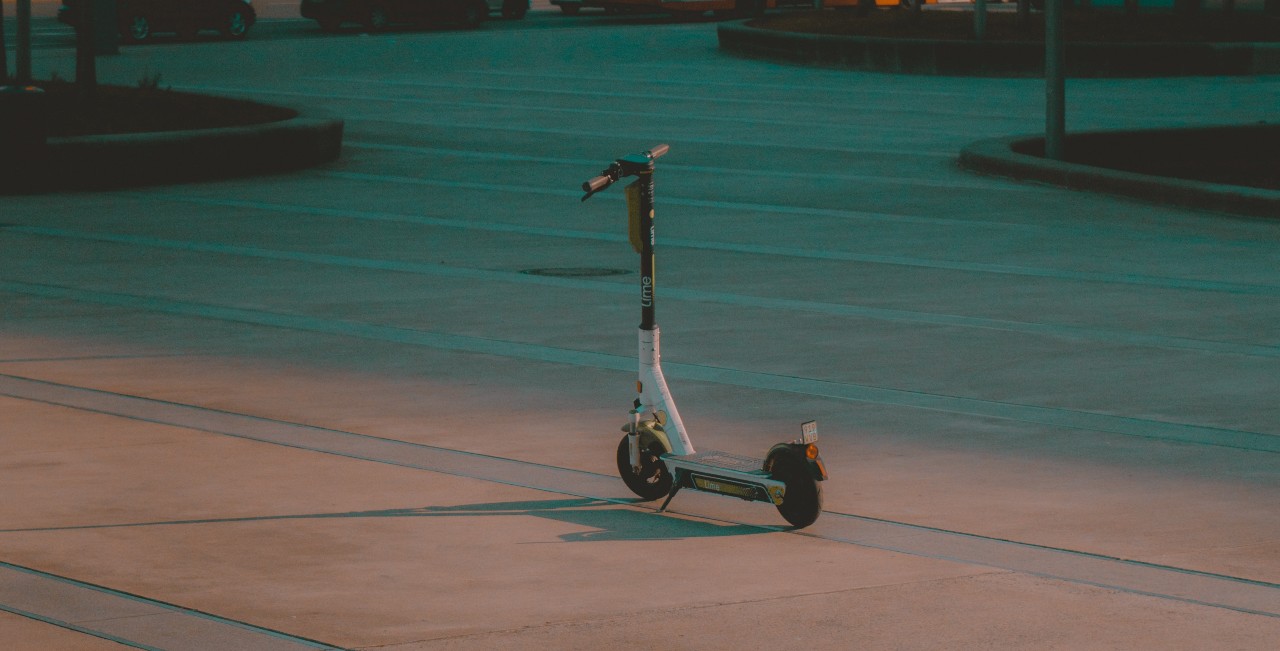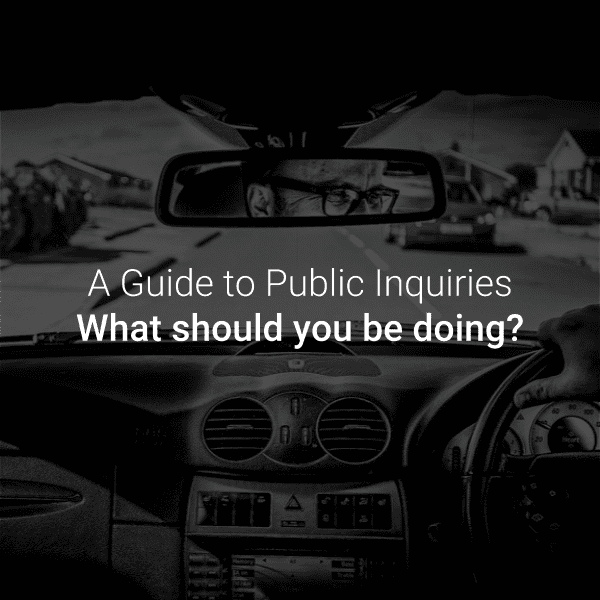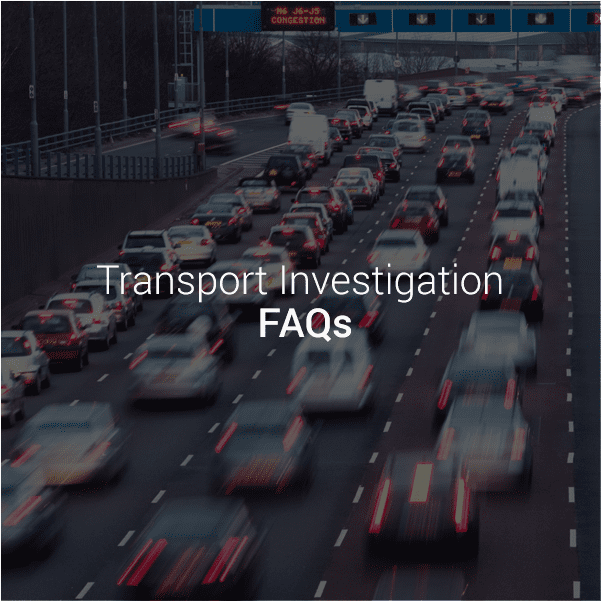E-Scooter Law – What Riders Need to Know
E-scooters are becoming part of the landscape in many of our university cities with the emphasis being on them being better for our environment. Whilst they are quirky and a novelty to many, they come with responsibilities, not least of which are legal obligations. Being ignorant of them is no defence and the penalties can be wide-reaching.
E-scooter legislation
E-scooters come under the category of “powered transporters”. This also covers a range of other personal transport devices which are powered by a motor. “Powered transporters” fall within the legal definition of a motor vehicle under the Road Traffic Act 1988. Therefore, the rules that apply to motor vehicles also apply to e-scooters.
As a motor vehicle, they must comply with various pieces of Road Traffic Legislation, including but not limited to:
- Driving with a licence
- Driving/riding with insurance
- Driving/riding other than on a road
- Need to be taxed
Any person who uses an e-scooter on a public road or in another public space, must comply with the relevant Road Traffic Legislation or they face potential prosecution.
Rider behaviour on e-scooters
Police will also take action against rider behaviour, whether private or rental. Offences could include:
- Riding on the footway: Fixed Penalty Notice and possible £50 fine
- Using a mobile phone: £100 and six penalty points
- Riding through red lights: Fixed Penalty Notice, £100 fine and possible penalty points
- Drink driving offences: As with driving cars; court-imposed fines, driving ban and possible imprisonment
E-scooters are legally the same as other automobiles
Essentially, e-scooters are treated in law in the same way as a car. If you are stopped by the police and provide a specimen of breath or blood over the prescribed drink-drive legal limit, the starting point is a driving ban of 12 months. This ban will mean that not only are you prevented from driving e-scooters but also cars, vans and other modes of transport. This can have huge implications for students who commute, who work in the holidays and require their own transport and for students on placement that would normally rely on their licence. This ban can be reduced if the Court offers you a course and it is completed to the requisite standard by a certain date. The length of the ban will depend on the level of alcohol detected and any previous convictions.
Hiring an e-scooter to be used by someone else
In the event that you hire an e-scooter but then allow another person to use it without prior permission, they will be responsible for ensuring the scooter is insured and that they have a licence to operate it. In the event that this is found not to be the case, the individual will be looking at potential prosecutions for offences such as no licence, driving other than in accordance with a licence (if you are a provisional licence holder), no insurance etc.
If you have been notified of a prosecution, contact our road traffic team and we can discuss representation with you.




